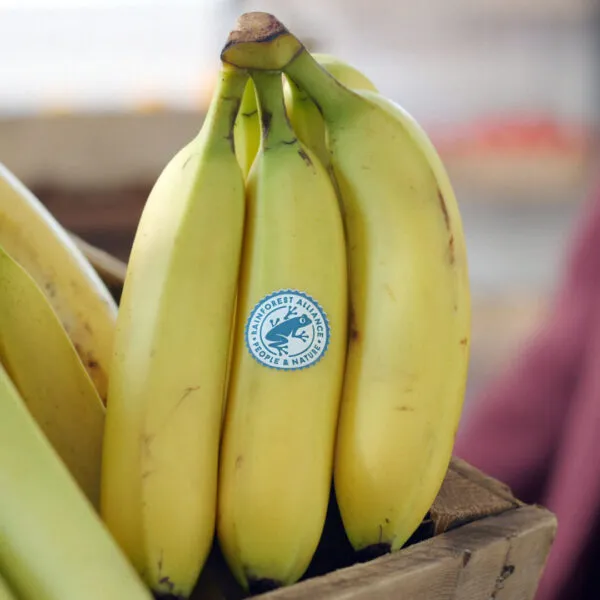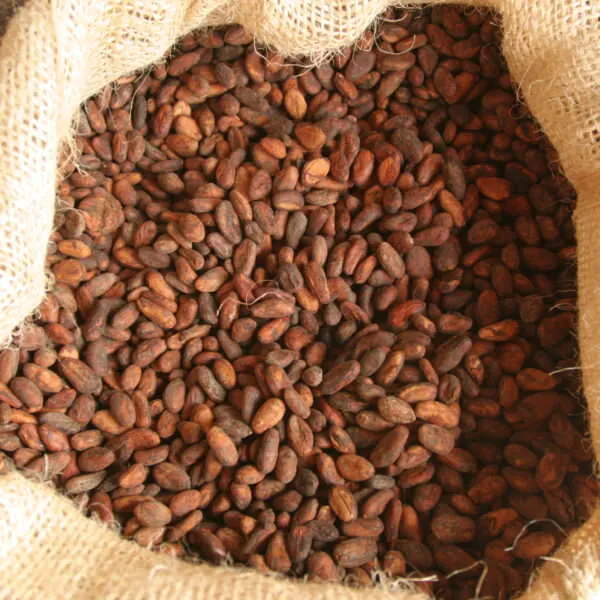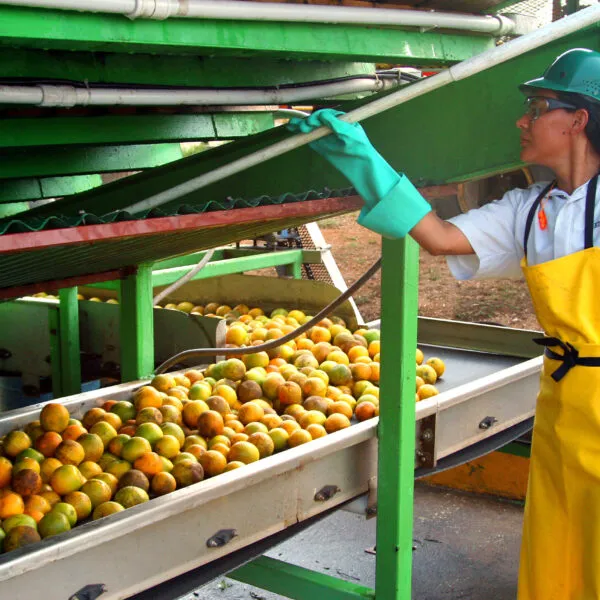The Rainforest Alliance and Fairtrade International are non-profit organizations that share similar goals but differ in their focus and approach. Both organizations believe in the urgent need to transform agricultural practices—and both believe that certification, through credible systems such as ours, can accelerate that transformation. Both are committed to tackling unsustainable production and market practices.
We also share a commitment to high standards in our work, which is why we are both members of ISEAL, the global association for social and environmental standards that works with companies, non-profit organizations, and governments to support the use of voluntary standards. Both the Rainforest Alliance and Fairtrade are also founding members of the Global Living Wage Coalition and the Living Income Community of Practice.
Different focuses
Both Rainforest Alliance and Fairtrade certification programs include requirements on the three pillars of sustainability–social, environmental, and economic. However, each has a different approach to implementation.
Fairtrade’s mission is “to connect disadvantaged producers and consumers, promote fairer trading conditions and empower producers to combat poverty, strengthen their position and take more control over their lives.” One way in which the Fairtrade program tackles poverty and helps producers is giving them a guaranteed minimum price and additional premium for their products. Besides the strong focus on decent livelihoods, the program addresses issues such as climate resilience, human rights, gender equality, and youth inclusion.
The Rainforest Alliance’s mission is to create a more sustainable world by using social and market forces to protect nature and improve the lives of farmers and forest communities. We address social, economic, and environmental improvement as inseparable elements of the broader goal of sustainability. Following the 2018 merger between the Rainforest Alliance and UTZ, we have worked for more than a year to build on the strengths of the Rainforest Alliance and UTZ certification programs to create our new 2020 Certification Program, which took effect in July 2021. Our new standard includes “critical criteria” in all three areas—requirements that farms and supply chain actors must meet in order to earn and maintain certification—and takes an ambitious new approach to how we measure continuous improvement.
Different approaches to improving incomes for farmers
Improving farmer livelihoods is an important goal for the Rainforest Alliance, just as it is for many other organizations that have certification programs. Our approach is holistic and focuses on helping farmers grow their businesses and become more profitable and resilient through training in farm management, financial literacy, and market access. We are also promoting a shared responsibility approach that encourages companies to do their part as well.
A requirement for additional cash payments for certified crops is an important facet of our 2020 Certification Program. Our new program requires buyers to pay a Sustainability Differential, a mandatory additional cash payment to certified farms over and above the market price; this payment is designed to be completely free of restrictions or requirements on how it is used. The amount of the Sustainability Differential is not fixed, but for some key crops we provide additional guidance on determining the differential. Under the cocoa program we will be introducing a minimum Sustainability Differential as of July 2022.
In addition, we are introducing a Sustainability Investment requirement for buyers, who must make cash or in-kind investments to farmers based on the needs identified in their own investment plans. This investment is critical not just for the implementation of our certification scheme, but for ongoing sustainability improvements. It also centers the expertise and voices of farmers in our ongoing effort to build a more equitable supply chain. Generally, the amount of Sustainability Investments is not prescribed, with the exception of, banana and other fruits where a minimum value of 5.50 US$ per MT is applicable.
Rainforest Alliance’s Sustainability Differential and Sustainability Investment approach should not be directly compared with the Fairtrade Premium, as they are based on different approaches. To read more about the Fairtrade Premium, please visit Fairtrade’s website.
Both responsible business practices and sustainable farming methods are key in improving farmer livelihoods. With the Sustainability Differential and Sustainability Investments, we are encouraging companies to acknowledge the price of sustainability and invest in and reward more sustainable production. In addition, the rigorous environmental criteria in our new standard help farmers build climate resilience and protect soil health, waterways, tropical forests, and overall ecosystem health that are vital to crop production.



